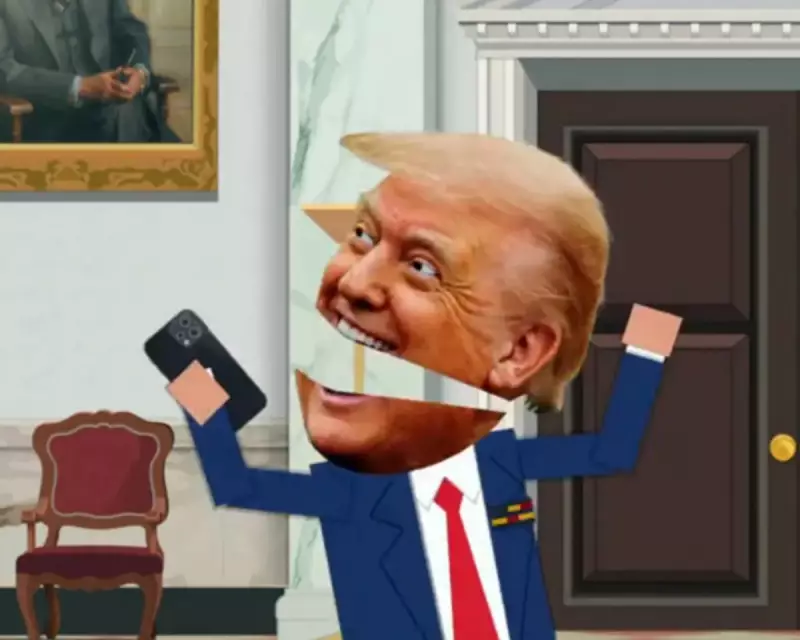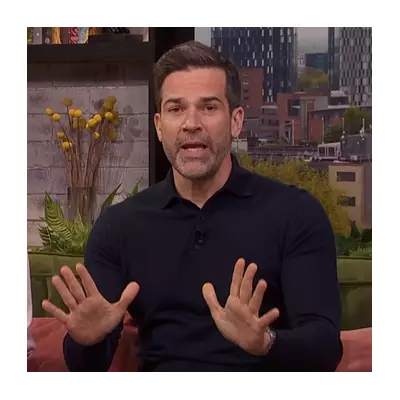
In a daring escalation of televised satire, the world's most beloved animated series are moving beyond parody and directly confronting powerful political figures and regimes. Shows like South Park and The Simpsons are entering uncharted territory, crafting storylines so provocative that legal experts are questioning how far broadcasters can go before facing serious repercussions.
The New Front Line of Satire
Gone are the days of merely poking fun at generic politicians. Modern animated comedies are now meticulously crafting narratives that target specific world leaders, governments, and controversial policies. This shift represents a fundamental change in how entertainment media engages with power structures, moving from light-hearted mockery to pointed political commentary that carries genuine risk.
Pushing Legal Boundaries
Legal analysts are increasingly concerned about the potential consequences these shows might face. "It's like they're trying to get prosecuted," remarked one media lawyer, highlighting the deliberate provocation embedded in recent episodes. The legal framework surrounding broadcast content was never designed to handle this level of direct political challenge from animated programming, creating a grey area that could lead to landmark cases.
Global Implications for Free Speech
The phenomenon isn't limited to American television. International broadcasters airing these controversial episodes face their own legal and political challenges, particularly in countries with stricter censorship laws. This creates a complex web of legal jeopardy that extends far beyond the production studios, testing the limits of free speech protections across multiple jurisdictions.
The Cultural Impact of Animated Dissent
Despite the risks, these shows continue to leverage their unique position in popular culture to address sensitive political issues. Their animated format provides a layer of deniability while delivering sharp commentary that live-action programming often cannot. This approach has transformed cartoons from mere entertainment into significant vehicles for political discourse and social criticism.
As the boundaries of acceptable satire continue to expand, the television industry watches closely to see whether governments will respond with legal action or if animated comedy will establish itself as a protected form of political commentary.





